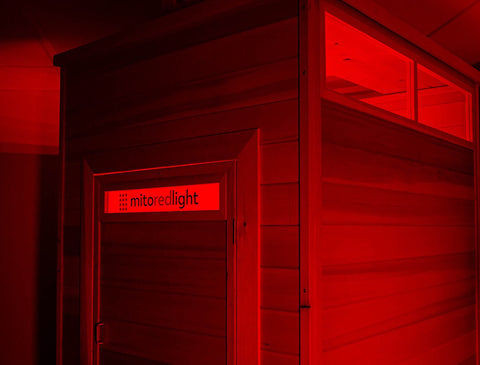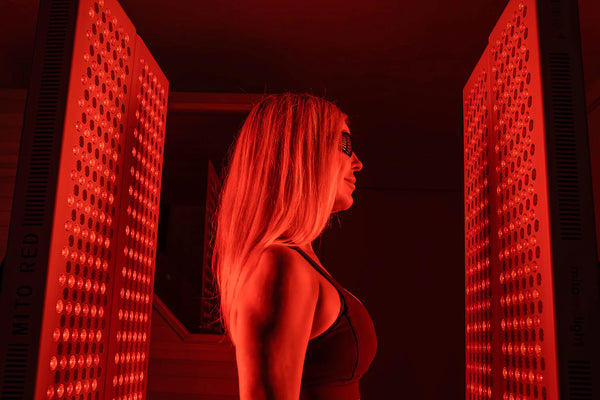Abstract
Although low-power laser irradiation provides many anabolic effects such as acceleration of bone formation, the effects of different pulse frequencies used during laser irradiation on bone formation have not been elucidated. Osteoblastic cells isolated from fetal rat calvariae were irradiated once with a low-power Ga-Al-As laser (830 nm, 500 mW) in two different irradiation modes; continuous irradiation (CI), and 1 Hz pulsed irradiation (PI). We then investigated the effects on cellular proliferation, bone nodule formation, alkaline phosphatase (ALP) activity, and ALP gene expression. Laser irradiation in both groups significantly stimulated cellular proliferation, bone nodule formation, ALP activity, and ALP gene expression, as compared with the nonirradiation group. Notably, PI markedly stimulated these factors, when compared with the CI group. Since 1 Hz pulsed laser irradiation significantly stimulates bone formation in vitro, it is most likely that pulse frequency is an important factor affecting biological responses in bone formation.




















